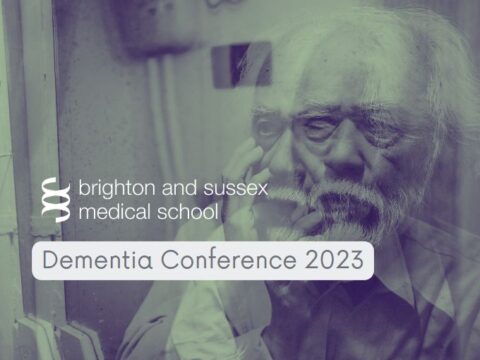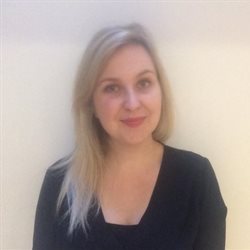Name:
Esra Hassan
Job title:
PhD student
Place of work / study:
Brighton and Sussex Medical School, Centre for Dementia Studies, Department of Neuroscience.
Area of Research:
I am currently attempting to establish the drivers and determinants of dementia attitudes in adolescents and understanding how these attitudes form and change over time.
How is your work funded?
Alzheimer’s Society
Tell us a little about yourself:
I graduated from the University of Roehampton with a BSc (Hons) in Psychology and an MSc Clinical Neuroscience. During this time I have completed research in the areas of neuroimaging to detect cognitive biomarkers in anxiety disorders, molecular cancer biology working on Glioblastoma multiforme cells, looking at the endocannabinoid system in Parkinson’s disease and research positions in cognitive neuropsychology. I do various public engagement work which I really love. I love going into schools and talking to young people about science. I think open science and public health are super important. In my personal life, I am always trying to go abroad for some sun, I find British weather horrendous, and I am always complaining about it. I am a mother to 15-month-old and a wife also.
Tell us a fun fact about yourself:
I used to be a dancer. I used to want to live on a stage. I also used to play the violin in a string quartet.
Why did you choose to work in dementia?
It stems from my background in clinical neuroscience. I was very interested in neurodegenerative diseases, and I remember doing some public engagement and outreach work in secondary schools where I would talk to young people. I realised at this point how much misinformation exists in the general public but also how receptive young people are to these interesting topics when delivered in the right way. I feel by engaging with the public on the topic of dementia is so important because I think it is one way we can help improve quality of life by tackling stigma whilst we also work on discovery of treatments and cures.
What single piece of advice would you give to an early career researcher?
Writing little and often works. Write early, even if it is drafts and ideas. It is like receiving a present from yourself when you later have to sit down and actually write it all. You will thank yourself later for having that little bit you can work with.
What book are you reading right now? Would you recommend it?
Mythos – Stephen Fry. Definitely. I have read it 100 times, but I still go back to it every time.

 Print This Post
Print This Post




